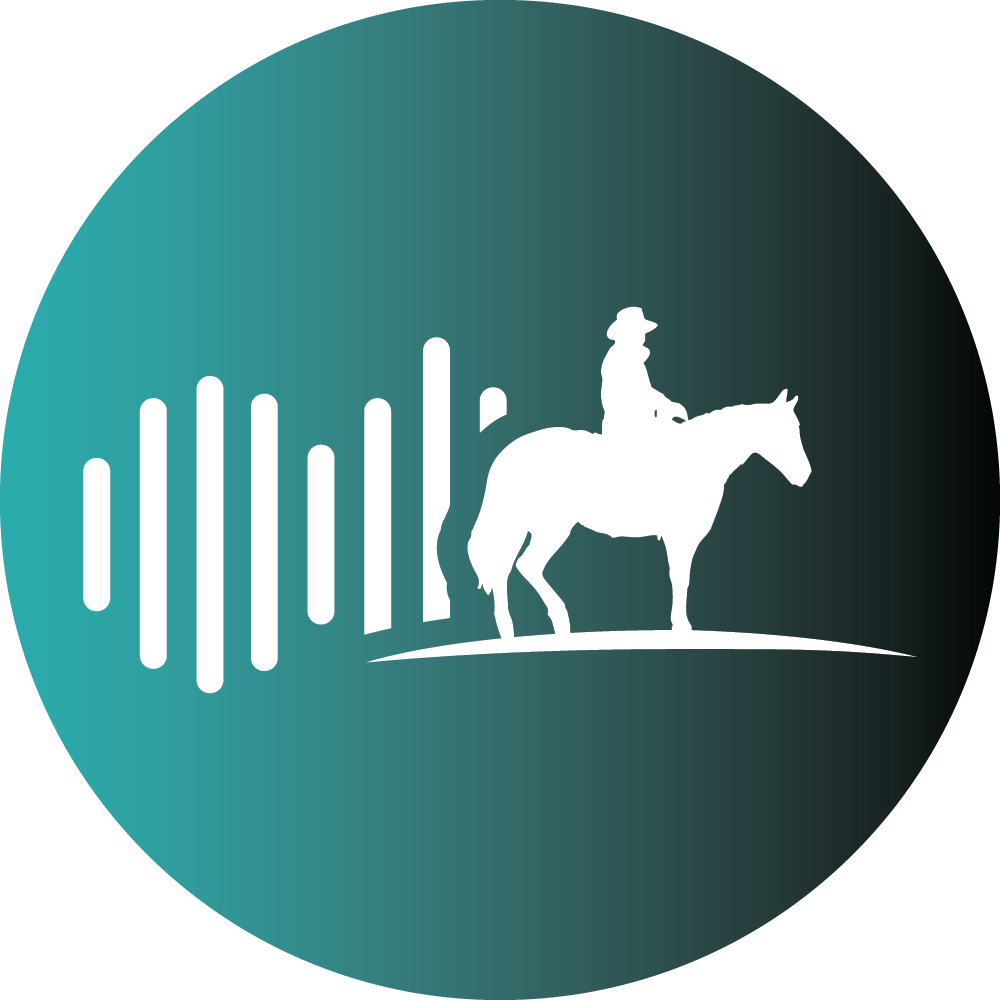By Deb Courson
One of the primary features of the Patient Protection and Affordable Care Act will be health insurance “exchanges,” and a new report examines the benefits, and drawbacks, for rural Montanans. It says the first thing everyone in Montana needs to know is: think of them as marketplaces.
The Center for Rural Affairs study examined who is expected to benefit the most from the marketplaces, which are part of federal health care reform. Report author Jon Bailey, who is the research and analysis director for the Center, says rural people will gain.
“Those who are uninsured, those who purchase insurance through the individual market, and small businesses – and all of those are more common in rural areas.”
Bailey says the marketplaces are expected to be web-based, and will provide apples-to-apples comparisons of available policies and prices, along with eligibility for help in paying for premiums.
Although Bailey says there are clear benefits for rural Montanans, he also foresees challenges – especially in the outreach arena. Many rural Montanans and lower-income people do not have reliable Internet access, according to Bailey.
One option to get around that is to tap into federal grant programs and appoint local navigators to walk people through the process.
“To provide information, to help them through the system. And I think that’s an important concept in rural areas where we have connections with community groups, and with our insurance agents.”
The Patient Protection and Affordable Care Act requires states to have insurance marketplaces operating by January 2014, and some states will have them in place sooner. States can set up the marketplaces, pool with other states in the region, or let the federal government establish them.
The full report, “Health Insurance Exchanges that Work for Rural,” is available at cfra.org













